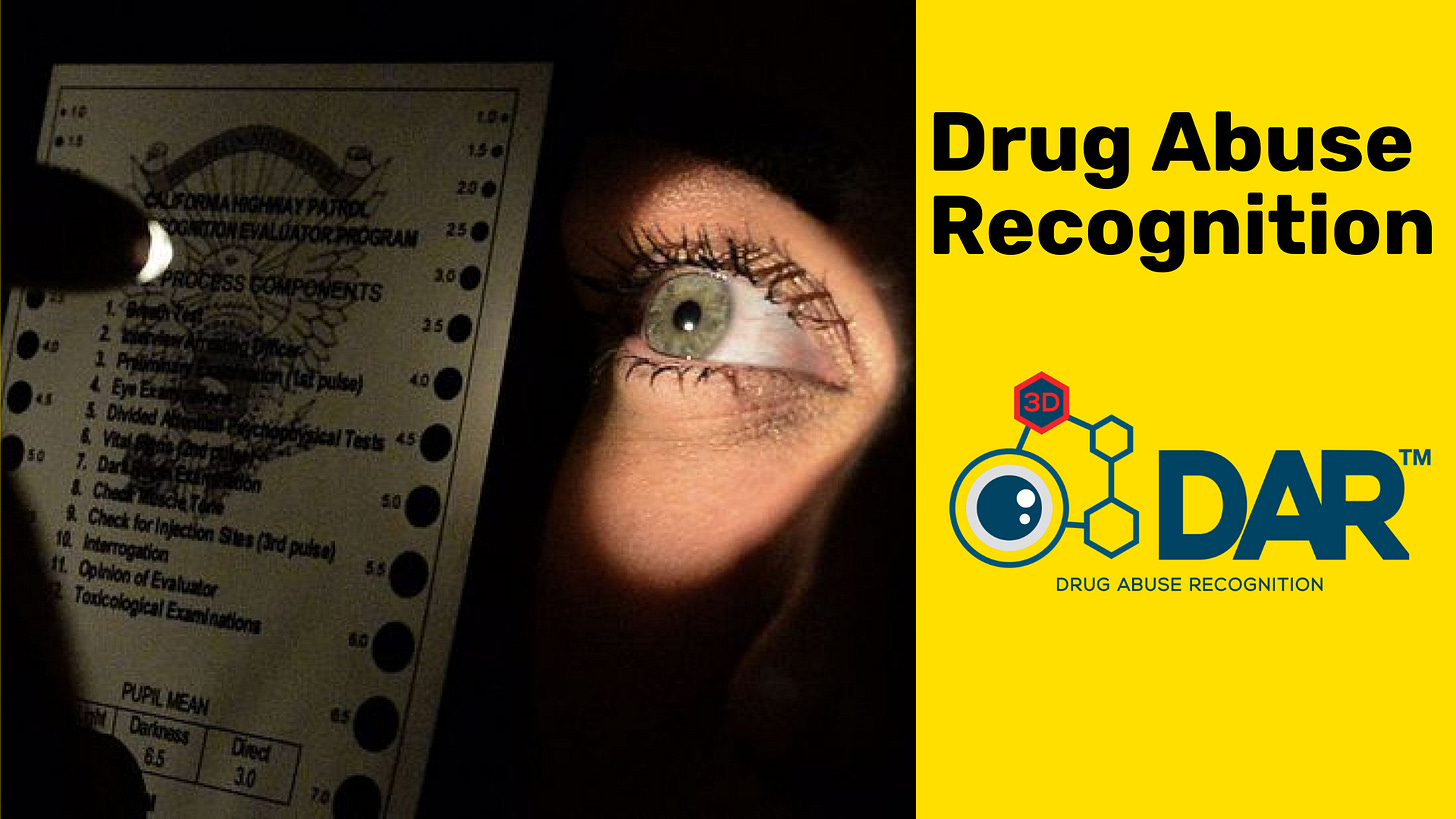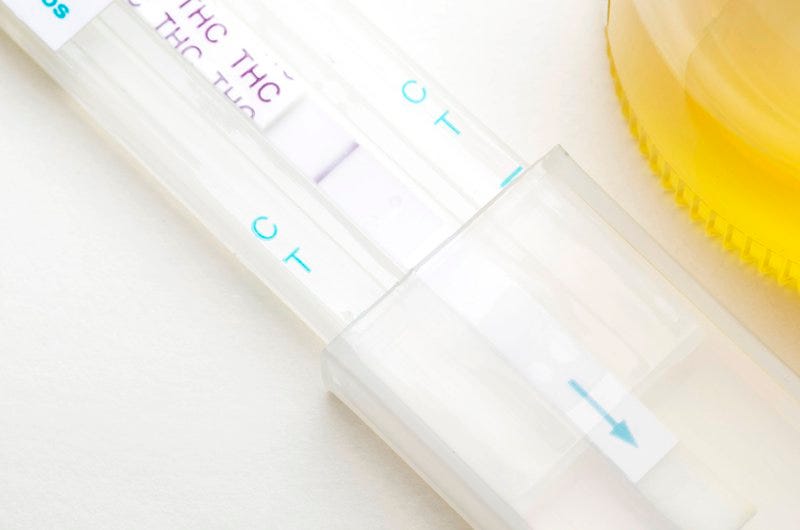3 Reasons First Responders Should Not Be Using CBD
This headline will bring some ire to some people reading it. CBD, or Cannabidiol, has swept the nation and has also swept emotions. You can go almost anywhere and see CBD products. Coffee shops are selling CBD lattes, you can get a CBD facial and a national fast-food chain is coming out with a CBD hamburger. In fact, Cannabidiol will be a two billion dollar industry in the next 3 years.
Everyone from the cop on the street with a bad back to a 911 operator with carpal tunnel syndrome wants to use it to relieve their pain. I recently saw a friend give their 6-year-old Cannabidiol drops to cure his ADHD. But is it necessarily good for you if you are a first responder?

What is CBD?
CBD is an abbreviation for Cannabidiol. It is one of over 100 cannabinoids found in the cannabis plant. The most famous of these cannabinoids is THC. THC is the cannabinoid that is psychoactive and creates intoxication. Cannabidiol, however, is not psychoactive. Some believe that it imparts a feeling of relaxation, calmness and pain relief. There is a pharmaceutical grade CBD on the market that shows promise in clinical trials as an anti-inflammatory, analgesic and as an antipsychotic.
As for its legality, it depends. At the federal level, the recent farm bill relieved some tension over CBD. However, there is still some confusion over legality in some states. With that out of the way, let’s break down the concerns over first responders using CBD.

Oversight of Production
There is no oversight into its production. Some companies claim that they self-police, however we know that there are many more that don’t. The lack of transparency and regulation raises some concerns. Dr. Sean Callan of Ellipse Analytics was recently interviewed for a news story and had this to say:
"Comparing this to other supplements that we've tested, we found high levels of pesticides, really high levels of heavy metals," Callan said.
The lab tested the top-selling 240 products for 300 contaminants and for truth in labeling.
Was the amount of CBD claimed actually in the product?
After thousands of tests, 70 percent of products were found "highly contaminated" with heavy metals like lead and arsenic, herbicides like glyphosate (the active ingredient in RoundUp) and a host of other contaminants including pesticides, BPA and toxic mold.
One product contained levels of lead so high, it exceeded by 100 times what the EPA would consider actionable for drinking water.
This has been a common theme when these products are tested. What is on the label is not necessarily what is in the product. Dr. Callan's group also found samples that contained no CBD.
Bottom line: You may get a harmful substance in your product, or you may get none of the CBD you were looking for.Drug Testing and CBD
Most first responders have to submit to drug testing. This includes random drug tests, reasonable suspicion tests and post accident drug tests. If you are using CBD only, you won't test positive for THC. That's because workplace drug tests look for metabolites of THC, not CBD.
But some states allow up to 5% THC in these products. In one study, several CBD products contained a significant amount of THC. I have been contacted by a few police agencies in the last year about officers testing positive for THC in drug tests. All of the officers claimed that they were taking CBD for various health ailments. Now the department is trying to determine what to do while the officer struggles with the stress of potentially losing their job.
Bottom line: You are taking a big chance that you might test positive for THC in a workplace drug test.
What About Adverse Health Effects?
As with most self medication, you take the chance that you can make your condition worse. Now, this may not be true of all ailments, but it is something to consider. Without physician oversight, you can may take the chance that you can have an adverse reaction.
CBD is known to interact with several medications. You would want to talk to your doctor to find out if any of your medications will adversely affect a drug you are already taking. In another study, CBD can cause adverse reactions in some people. Some of these side effects include:
Diarrhea
Changes in appetite
Fatigue
Anxiety
Changes in Mood
Nausea
Dry mouth
Bottom line: Although CBD is generally considered safe, it can cause adverse reactions like diarrhea and fatigue in some people. It may also interfere with certain medications.
Wrapping it All Up
There is a lot of money in the CBD craze and there are few studies to show whether it is harmful or helpful. Without physician oversight, you may not be helping your ailment. In fact, you may harm yourself further. They have shown contamination of most products repeatedly in several studies. In a nutshell: Caveat emptor-buyer beware.
Besides possible adverse side effects, you are risking a chance of a positive drug test. It has happened in the past and is happening now. Do you want to risk that? First responders are a unique breed. We get hurt more often and still have to continue to work with these injuries. The pain can make it difficult to carry on with your duties. My recommendation is to not use CBD. There is not enough scientific evidence to show its effectiveness, the side effects are troublesome for our jobs and there is no oversight to ensure you are getting what you are looking for.



